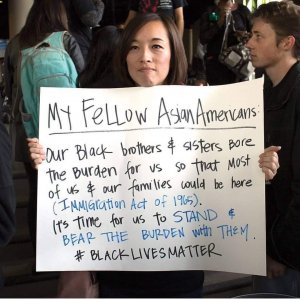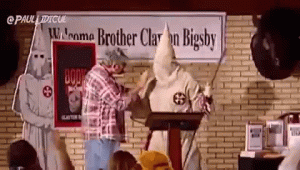Members of five Native American nations, the Cherokee, Chickasaw, Choctaw, Creek, and Seminole Nations (known as the Five Tribes), owned black slaves. Then located outside the territorial boundaries of the US in a region known as Indian Territory (modern-day Oklahoma), these sovereign nations were not affected by proclamations or constitutional amendments. Instead, separate treaties had to be made between the US and these Native American nations not only to free enslaved peoples, but also to formally end the American Civil War battles and antagonism between American and Native American troops.
The fact that by the time of the Civil War black chattel slavery had been an element of life among the Five Tribes for decades is rarely discussed. It is, however, an important aspect of US history which serves to remind us of the complexity of colonialism, exploitation and victimisation that laid the foundations of our country.
And how black people in Indian Territory were denied their rights even after their emancipation.

www.aljazeera.com
WASH. YOUR. FACE. B.
Bonus:
While the former slaves of the Cherokee, Creek, Seminole, and Choctaw Nations became tribal citizens due to the Treaties of 1866, throughout the 20th century, all of the Five Tribes eventually rescinded the tribal membership of these freedpeople and their descendants. Although their former slaves had lived among them for generations, sharing land, history, and trauma with them, the Five Tribes claimed that they were interlopers who had no place among them because they had no Native ancestry.







































